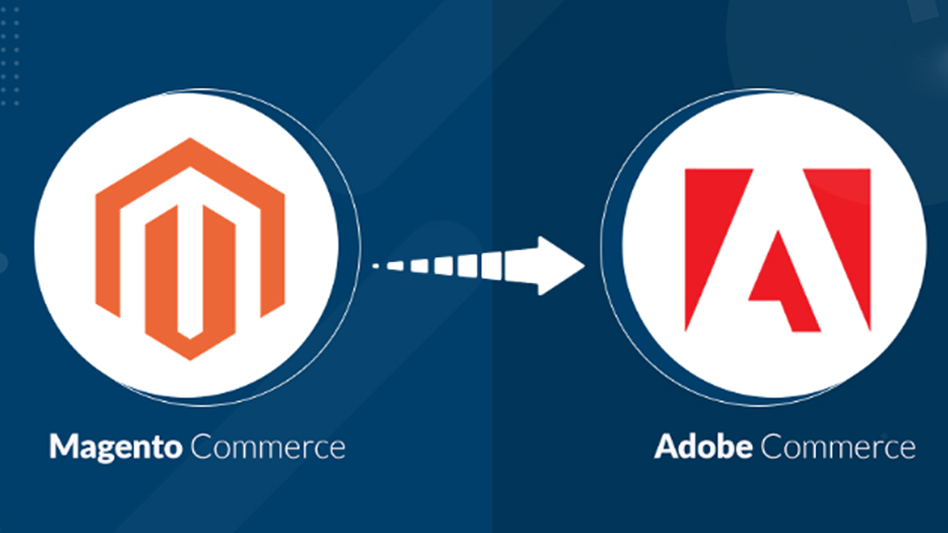Moving to the cloud can be a transformative step for small businesses, offering many benefits such as increased agility, scalability, and cost savings. However, making the transition to the cloud can also present a range of technical challenges that must be carefully considered and addressed. Some of these technical challenges include ensuring the compatibility of existing systems and applications, optimizing network architecture for the cloud, securing sensitive data, and ensuring seamless integration with third-party applications and services. Navigating these technical challenges requires a deep understanding of cloud technologies and best practices, which can be a challenge for small businesses with limited IT resources. In this article, we will examine the key technical challenges of moving to the cloud and how small businesses can overcome them to reap the full benefits of cloud computing.
- Cost: One of the biggest challenges for small businesses when moving to the cloud is cost. While the cloud can offer cost savings in the long run, the upfront costs can be substantial, especially for small businesses with limited resources.
- Security: Small businesses are often concerned about the security of their data in the cloud, and with good reason. In the cloud, data is stored on remote servers and can be vulnerable to cyberattacks and data breaches.
- Complexity: The cloud can be complex, especially for small businesses with limited IT resources. Small businesses may not have the technical expertise to manage cloud infrastructure and security, making the transition to the cloud challenging.
- Data migration: One of the key aspects of moving to the cloud is data migration, which can be a complex and time-consuming process. Small businesses must ensure that their data is properly transferred and protected during the migration process.
- Integration: Moving to the cloud often requires integrating new technology and systems into existing systems and processes, which can be challenging for small businesses.
- Dependency on internet connection: Cloud computing requires a reliable and fast internet connection, which can be an issue for small businesses in remote or rural areas with limited connectivity.
- Vendor lock-in: When choosing a cloud provider, small businesses must be careful to avoid vendor lock-in. This occurs when a small business becomes reliant on a particular cloud provider, making it difficult and expensive to switch to a different provider in the future.
- Lack of control:Small businesses may feel that they have less control over their data and systems in the cloud, which can be a concern for some businesses.
- Limited customization options: Small businesses may find that the cloud does not offer the customization options that they need, which can limit the flexibility and scalability of their systems.
- Performance: Performance is a key consideration when moving to the cloud. Small businesses must ensure that their cloud infrastructure can support their growing needs and provide fast and reliable access to their data and applications.
- Training and education: Small businesses must ensure that their employees are properly trained and educated on the new cloud technology and systems, which can be a challenge, especially for businesses with limited resources.
- Compliance: Small businesses must ensure that they comply with regulations and standards such as data privacy laws and data protection regulations, which can be challenging in the cloud.
- Compatibility: Small businesses must ensure that their existing systems and applications are compatible with the cloud infrastructure, which can be a challenge, especially for older systems.
- Service level agreements (SLAs): Small businesses must carefully review the service level agreements (SLAs) offered by cloud providers to ensure that their needs are being met.
- Scalability: Small businesses must ensure that their cloud infrastructure can scale to meet their growing needs, which can be a challenge, especially for businesses with limited resources.
- Backups and disaster recovery: Small businesses must have a plan for backing up and recovering their data in the event of a disaster, which can be a challenge in the cloud.
- Uptime: Uptime is a key consideration when moving to the cloud, and small businesses must ensure that their cloud infrastructure is reliable and provides high availability.
- Technical support: Technical support is critical when moving to the cloud, and small businesses must ensure that they have access to the support they need, especially in the case of an emergency.
- Network architecture: Small businesses must ensure that their network architecture is optimized for the cloud, which can be a challenge, especially for businesses with limited IT resources.
- Data privacy: Small businesses must ensure that their data is properly protected and private in the cloud, which can be a challenge, especially for businesses that handle sensitive information.
- Integration with existing systems: Small businesses must ensure that their existing systems and applications are properly integrated with the cloud, which can be a challenge, especially for businesses with limited IT resources.
- Cost estimation: It can be difficult for small businesses to accurately estimate the costs associated with moving to the cloud, which can make budgeting and planning difficult.
- Data ownership: Small businesses must be aware of the ownership and control of their data in the cloud, which can be a challenge, especially for businesses with limited legal resources.
- Vendor management: Small businesses must have a plan for managing their relationship with their cloud provider, which can be a challenge, especially for businesses with limited IT resources.
- Change management: small businesses must have a plan for managing the changes associated with moving to the cloud, which can be a challenge, especially for businesses with limited IT resources.
- User adoption: small businesses must ensure that their employees are properly trained and motivated to use the new cloud technology and systems, which can be a challenge, especially for businesses with limited resources.
- Data governance: small businesses must have a plan for managing their data in the cloud, which can be a challenge, especially for businesses with limited IT resources.
- Integration with third-party applications: small businesses must ensure that their cloud infrastructure is properly integrated with third-party applications and services, which can be a challenge, especially for businesses with limited IT resources.
- Business continuity: small businesses must have a plan for ensuring business continuity in the event of a disaster or outage in the cloud, which can be a challenge, especially for businesses with limited IT resources.
- Futureproofing: Small businesses must ensure that their cloud infrastructure is future-proof and able to meet their evolving needs, which can be a challenge, especially for businesses with limited IT resources.

Summary and how Navtark can help you with any of your cloud migration needs:
The move to cloud computing can present a range of challenges for small businesses, but with the right approach and support, these hurdles can be overcome. Small businesses need to consider various factors such as security, data privacy, network architecture, cost estimation, vendor management, change management, and futureproofing while making the transition to the cloud. Navtark can help small businesses navigate these challenges by providing expertise and support in cloud migration, deployment and management on major cloud platforms including AWS, GCP and Azure. With Navtark’s comprehensive cloud solutions and services, small businesses can ensure a successful and seamless transition to the cloud, unlocking the full potential of cloud computing to drive their business forward.






